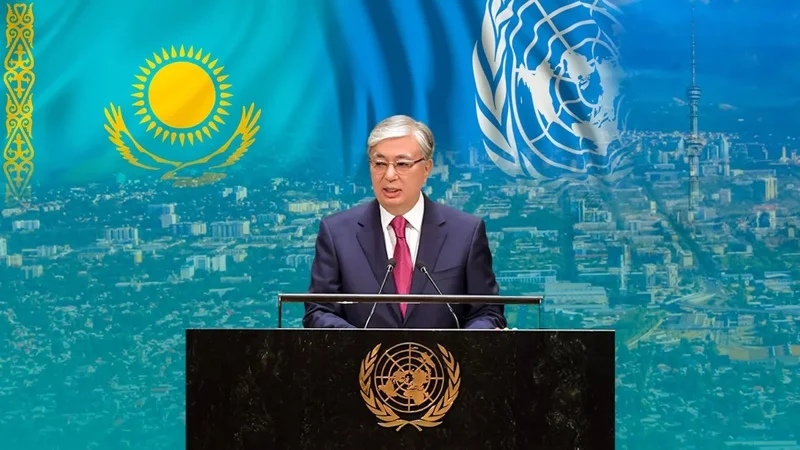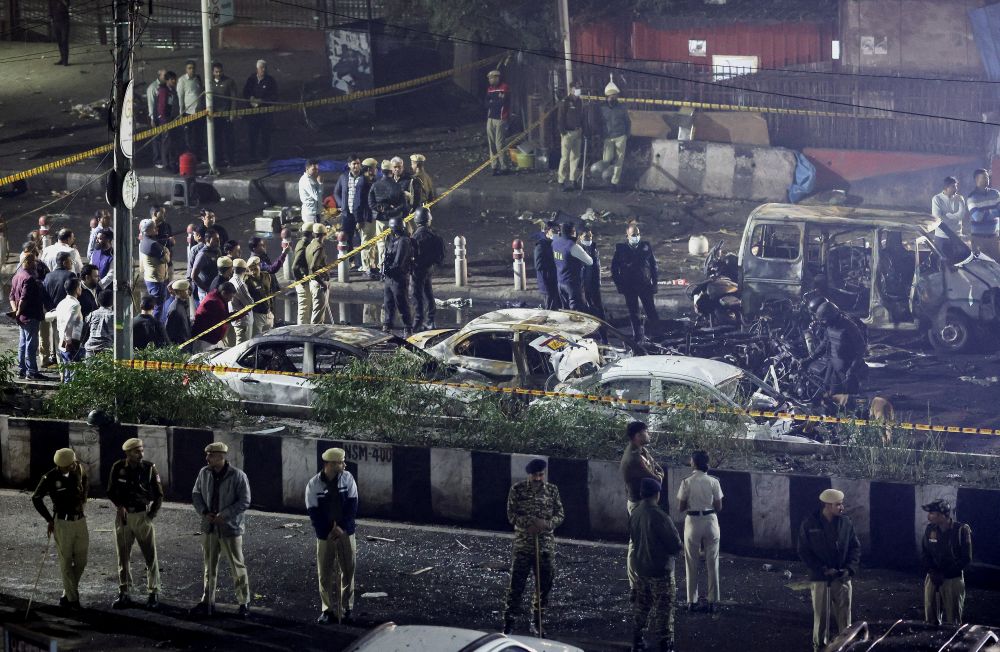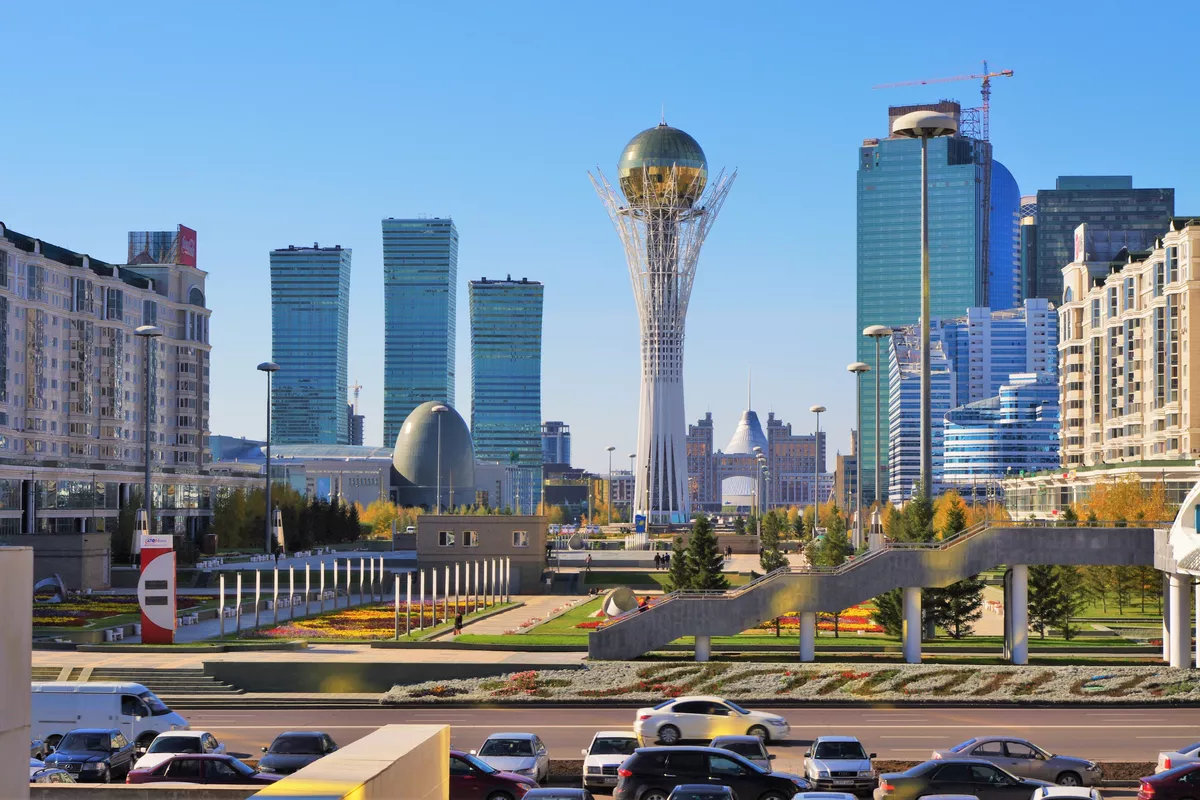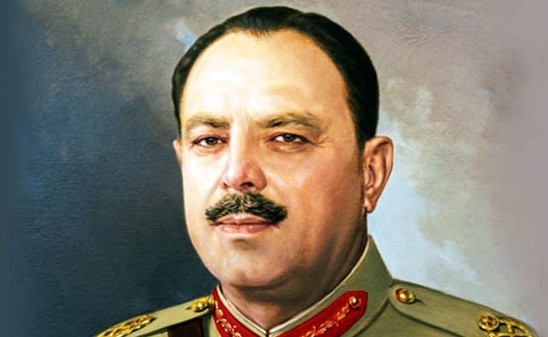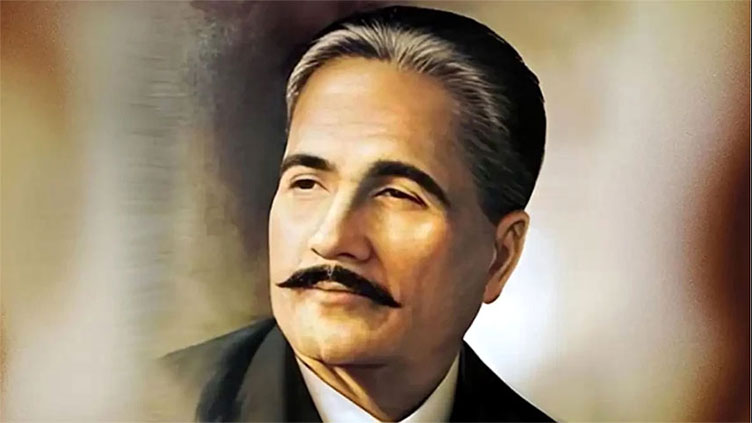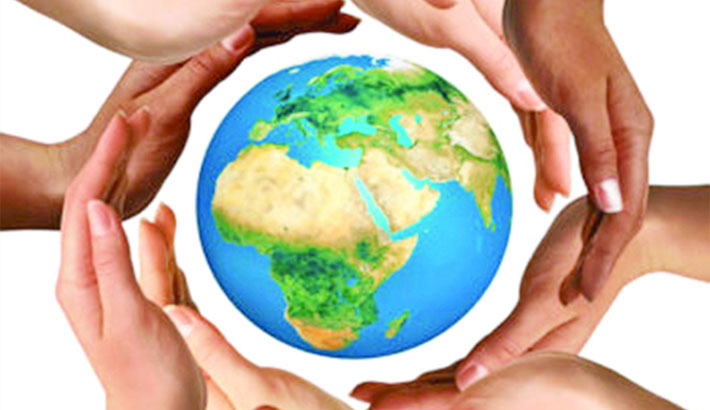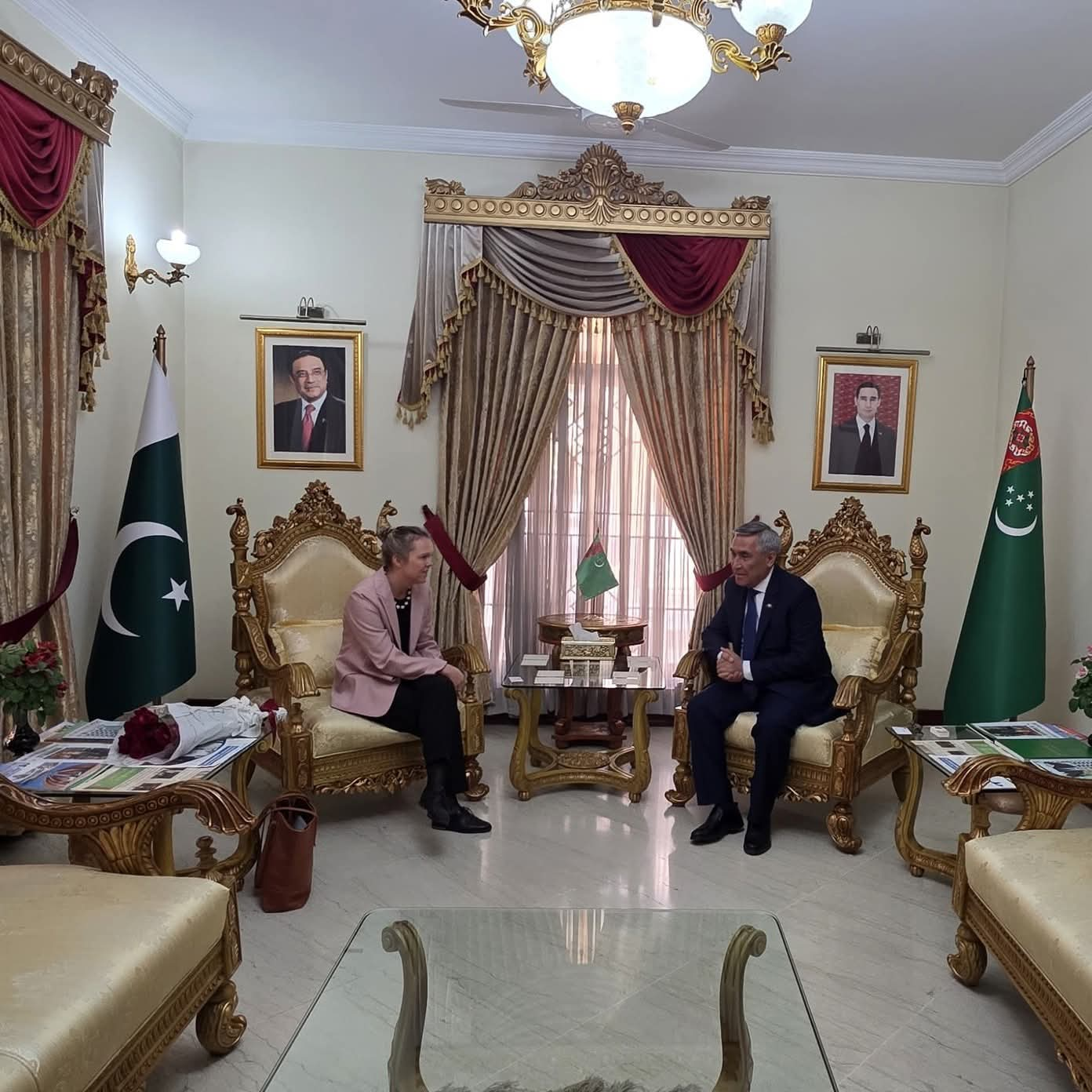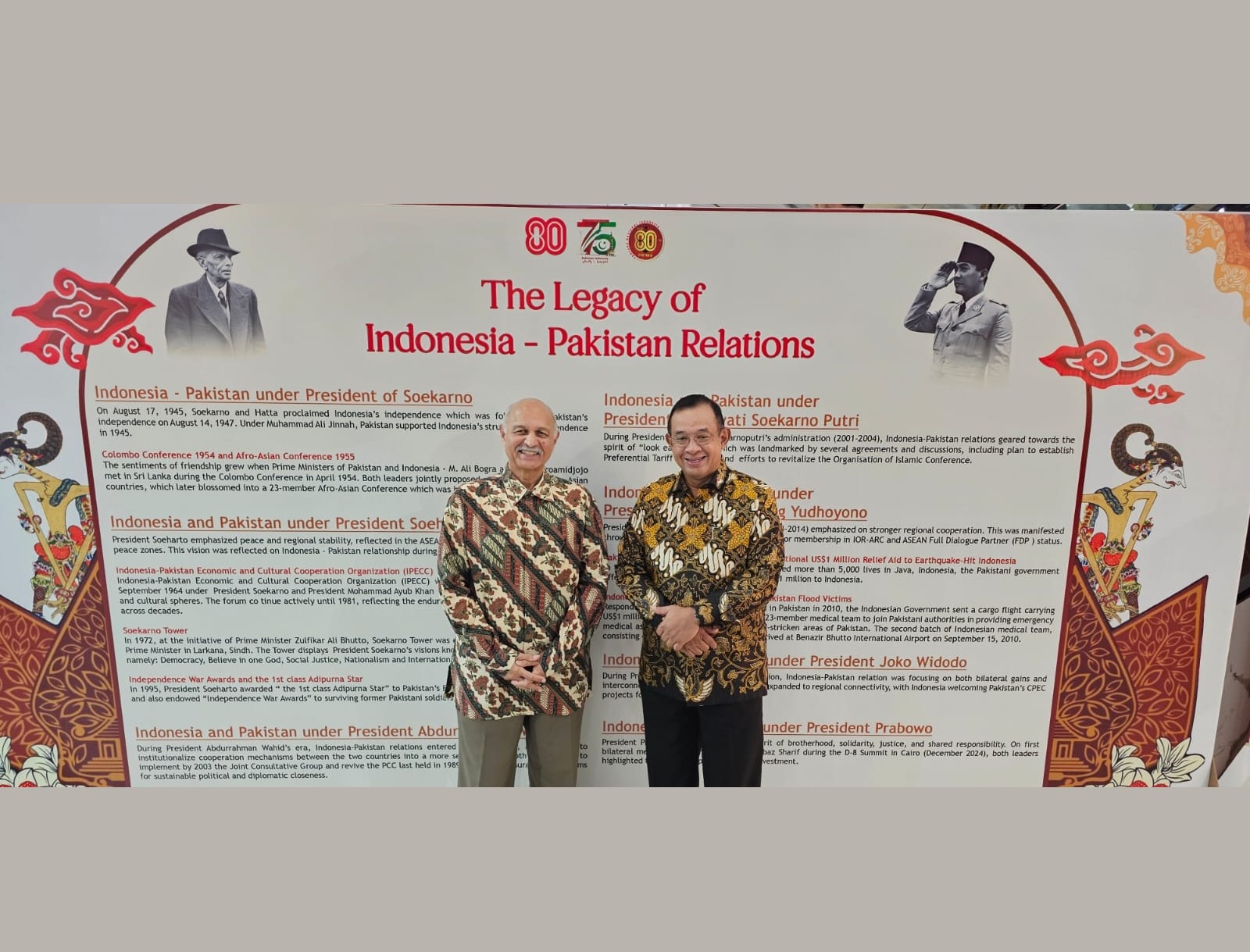Overview
On 23 September, President Kassym-Jomart Tokayev addressed the 80th session of the United Nations General Assembly, outlining Kazakhstan’s vision for global governance, peace, sustainable development, and technological transformation.
His speech called for comprehensive UN reform, renewed efforts in nuclear disarmament, pragmatic climate action, and the responsible development of artificial intelligence.
On the sidelines of the Assembly, Tokayev held a series of high-level political and business meetings, reinforcing Kazakhstan’s role as a reliable partner in diplomacy, trade, investment, and innovation.
This factsheet summarises the key messages from his address and the outcomes of his meetings in New York.
Key Points from President Tokayev’s Speech
UN Reform
- Reform: Comprehensive overhaul of the UN, especially the Security Council, is framed as a strategic necessity, not a talking point. Tokayev said: “Major powers of Asia, Africa, and Latin America should be represented in the Security Council on the rotational basis.”
- Representation: Major powers from Asia, Africa, and Latin America should be represented on a rotational basis to reflect 21st-century realities.
- Middle powers: “Responsible middle powers” should have an amplified voice as bridge-builders when great powers are deadlocked. Tokayev said: “Kazakhstan strongly believes that the voices of responsible Middle Powers also need to be seriously amplified in the Security Council. They can act as bridges within the UN when major powers are divided or failing to resolve pressing issues of common concern.”
- UN Charter: Tokayev said: “The founding principles of sovereignty, territorial integrity, and peaceful resolution of disputes must be upheld without exception. Selective application of the Charter undermines its credibility.”
- Obsolescence: The “enemy state” clauses are outdated; time to initiate a Charter review discussion.
Peace and Global Security
- Instability: Collapse of arms control frameworks and record military spending threaten strategic stability.
- Architecture: Rebuilding a robust security architecture is a top priority for the international community.
- Dialogue: Relaunch high-level nuclear-powers dialogue to reduce nuclear risks and reinforce NPT/CTBT.
- Biosecurity: Advance a new International Agency for Biological Safety and Security to address emerging threats.
- Bridge-builder role: Kazakhstan positioning as mediator, preferring balance over domination.
- UN commitment: Renewing the UN’s mission as a beacon of peace, justice, and cooperation.
Regional Conflicts and Diplomacy
- Ukraine: Calls for sustained diplomatic efforts, mutual restraint, and long-term solutions serving both states.
- Gaza: Recognises humanitarian disaster; demands protection of all civilians, unhindered aid, and recommits to a two-state solution with a UN role.
- Normalization: Welcomes Azerbaijan–Armenia normalization efforts under the mediation of the United States’ President, arguing entrenched conflicts can yield to diplomacy and common sense.
- Temperance: Rejects “clash of civilizations” fatalism; divisions are political choices, not destiny.
Artificial Intelligence and Digital Transformation
- AI breakthrough: Recognition of AI as transformative but fraught with risks of inequality.
- UN governance: Support for a UN-led Global Dialogue on AI Governance.
- Sector integration: AI adoption planned across the economy and public services.
- Digital ambition: Goal of becoming a fully digital power within three years.
- Supercomputing capacity: Launch of Kazakhstan’s fastest national supercomputer.
- Technical skills: Call to valorise technical professions alongside digital progress.
Investment, Trade and Connectivity
- Global FDI decline: Notes political bias and fragmentation in global investment flows; FDI declined to $1.5 trillion last year.
- Open markets: Reaffirms open-market commitment; cites $400bn attracted since independence.
- Logistics hub: Positions Kazakhstan as a Eurasian logistics hub, handling 80% of overland Asia–Europe transit.
- Transport corridors: Investing tens of billions in the BRI, North–South, and Trans-Caspian corridors to harden supply chains.
- Rail expansion: Plans 5,000 km of new rail by 2029 to expand capacity and resilience.
Climate, Water and Ecology
- Rapid warming: Central Asia heating at twice the global rate, with glaciers under threat.
- Aral Sea recovery: Preserving the northern Aral as proof of effective international cooperation.
- Caspian shrinkage: Warning that the Caspian crisis is a global alarm, not a regional issue.
- Ecological summit: Hosting a Regional Ecological Summit in Astana in April next year.
- UN recognition: Declaration of 2026 as the International Year of Volunteers for Sustainable Development.
- Global greening: Proposal for April 22 as the International Day of Greening the Planet.
SDGs, Central Asia and Afghanistan
- SDG mainstreaming: Integration of UN goals into Kazakhstan’s planning and budgeting.
- UN Regional centre: Hosting the UN Regional Centre for SDGs in Almaty for Central Asia and Afghanistan.
- Central Asian unity: Growing cohesion of the “Central Asia Five” and use of “Central Asia Plus” dialogue.
- Afghan stability: Promotion of inclusive development and humanitarian aid to Afghanistan.
Domestic Reform and Governance
- State renewal: Kazakhstan is building a “Just and Fair State” through sweeping reforms.
- Democratic accountability: Through a national referendum, Kazakhstan introduced a single seven-year presidential term, thereby strengthening democratic accountability.
- Parliament reform: Proposal for a referendum on a single-chamber Parliament.
- Legal order: Stress on law, justice, and accountability as foundations of stability.
Values, Identity and Responsibility
- Religious manipulation: Political leaders must reject manipulation of religion and identity; such tactics destroy trust needed for peace.
- Rule of law: Tolerance, wisdom, and rule of law are presented as foundations for durable peace and international cooperation.
- Public goods protection: Science, medicine, sports, religion, culture should be insulated from geopolitical weaponisation and sanctions where possible.
On the Sidelines of the UNGA 80th Session
Political Engagements
- UN partnership: Tokayev met with Secretary-General António Guterres, reaffirming Kazakhstan’s support for the UN and signing a memorandum on the functioning of the new UN Regional Center for SDGs in Almaty.
- Global security dialogue: In talks with leaders including U.S. President Donald Trump, European Council President António Costa, French President Emmanuel Macron, and Ukrainian President Volodymyr Zelensky, Tokayev stressed diplomacy, multilateral cooperation, and strengthened partnerships on regional and global issues.
- European relations: Kazakhstan reaffirmed its commitment to deepening cooperation with the EU, France, Luxembourg, and other European partners, with focus on energy, trade, investment, and critical minerals.
Business & Economic Partnerships
- New agreements: Kazakhstan and the U.S. signed 11 investment agreements and MoUs worth $5.2 billion, covering transport, logistics, energy, and IT. Signatories included Kazakhtelecom, KTZ, Samruk-Kazyna, KazMunayGas, and U.S. partners such as Amazon Kuiper, ExxonMobil, Chevron, Wabtec, LanzaJet, IFC, Lummus Technology, and the U.S. Export-Import Bank.
- U.S. investment: At a roundtable with American companies, Tokayev underlined that the U.S. remains Kazakhstan’s largest foreign investor ($100bn+ invested, 630 firms active). He highlighted opportunities in energy, transport, agriculture, and education.
- Energy cooperation: Tokayev emphasized U.S. companies’ role in developing Kazakhstan’s major oil fields while also promoting cleaner coal, uranium, and renewables as part of a balanced energy strategy.
- Transport & aviation: Kazakhstan highlighted the growing role of the Trans-Caspian corridor, cooperation with Wabtec, and ongoing aircraft partnerships with Boeing.
- Agriculture: Tokayev invited U.S. partners to join an Agro-Innovation Program to develop sustainable farming and water management.
Industry & Innovation
- Uranium & nuclear: Tokayev met Cameco’s CEO, noting Kazakhstan’s plans for three nuclear power plants and opportunities for advanced nuclear technologies.
- Digital finance & education: Discussions with Goldman Sachs and ETS focused on AI, fintech, and modernizing educational testing systems.
- Sustainable aviation fuel: KazMunayGas and LanzaJet advanced their SAF project in Kazakhstan, moving into the engineering design stage.
Technology & Digital Transformation
- Amazon partnership: Agreement with Amazon Kuiper to expand broadband and satellite connectivity across Kazakhstan, with $200m investment in ground infrastructure.
- Meta collaboration: Talks with Yann LeCun on AI development; joint AI acceleration program in progress; Kazakhstan developing its own national language model (KazLLM).
- OpenAI initiative: Announcement of a world-first pilot project with ChatGPT in Kazakhstan to support teachers and students in education.
- Tech ecosystem: Meetings with Amazon, Meta, Wabtec, and OpenAI underscored Kazakhstan’s ambition to become a regional hub for digital innovation and AI development.
